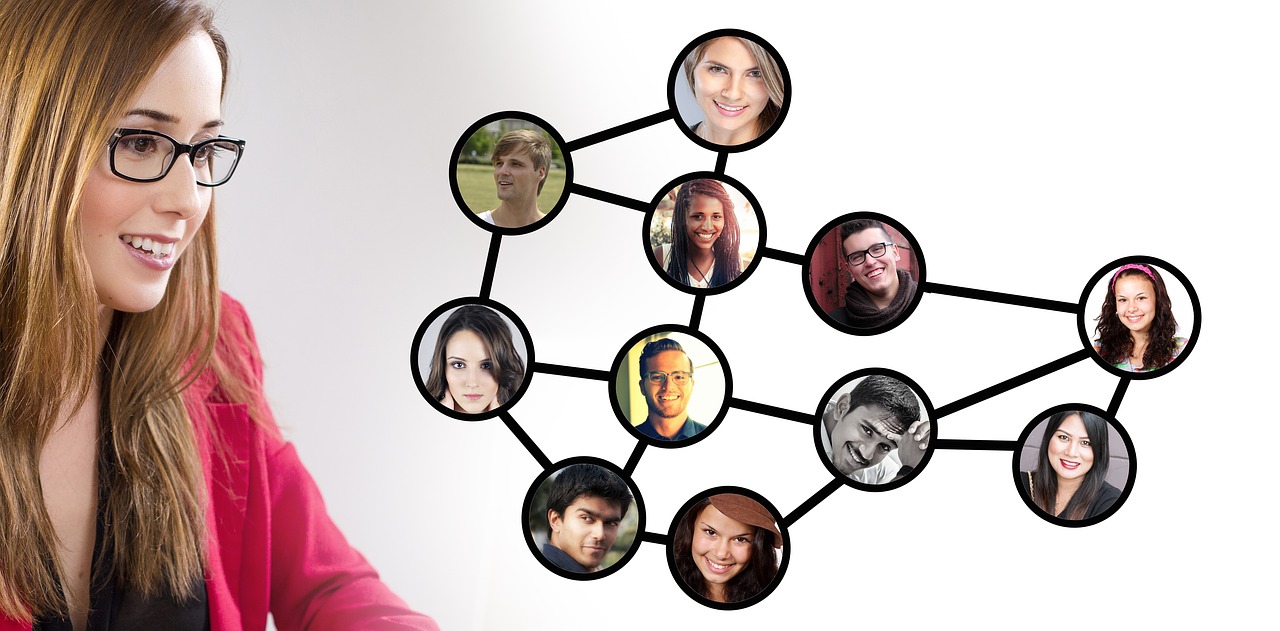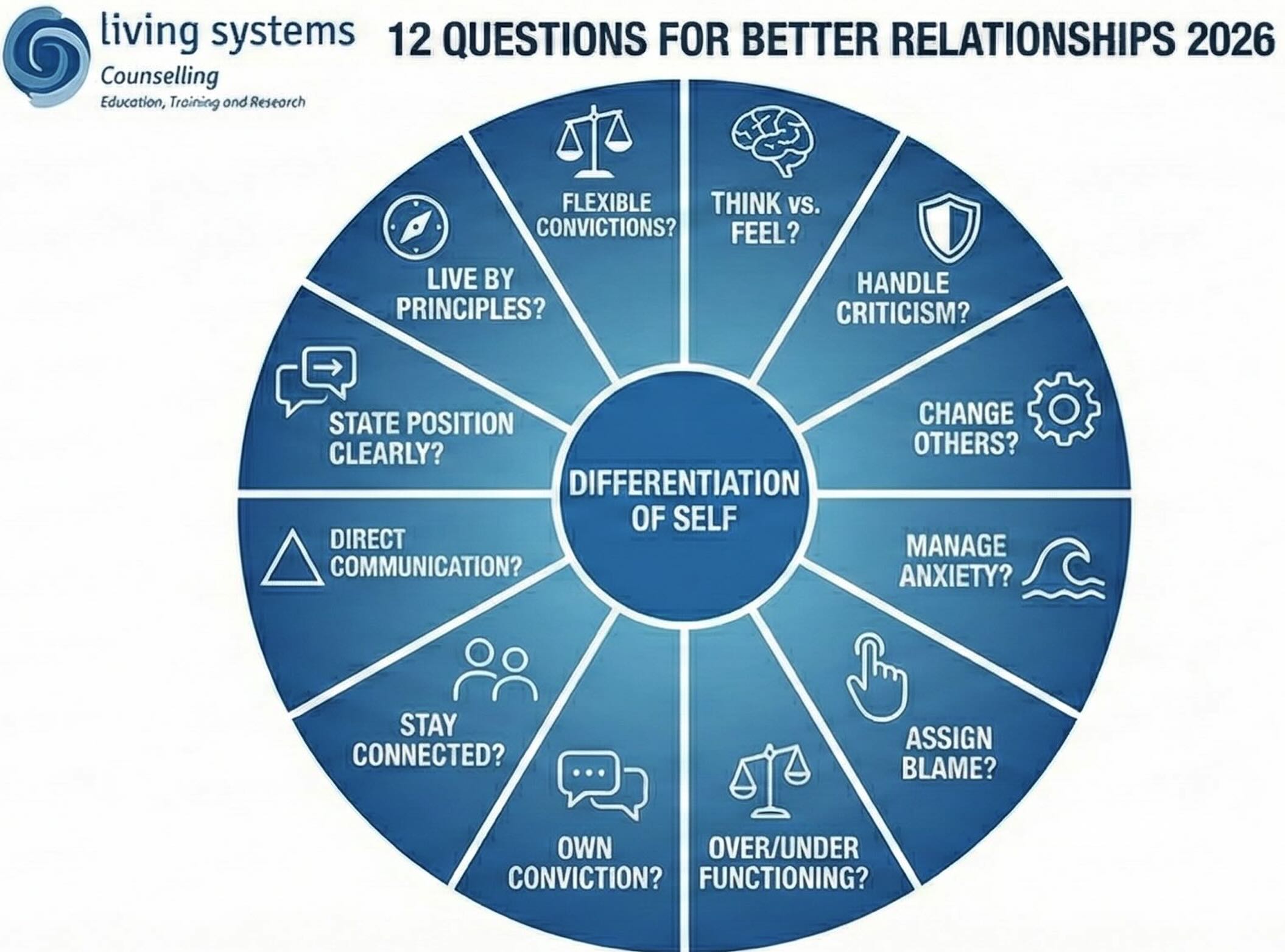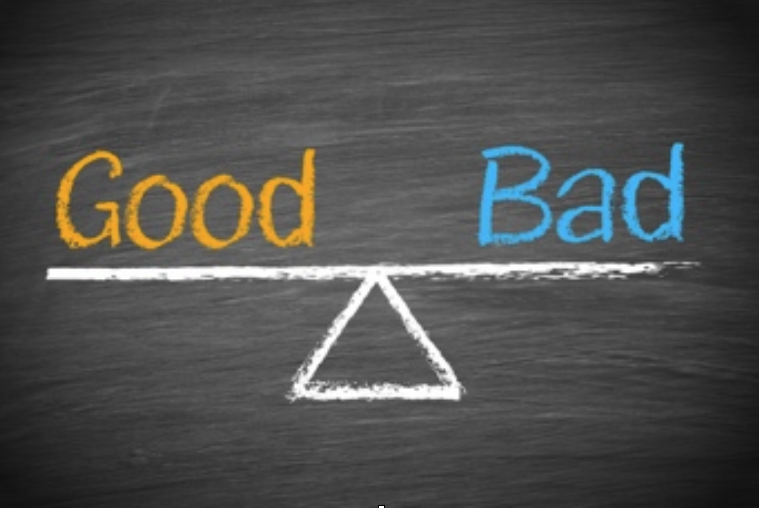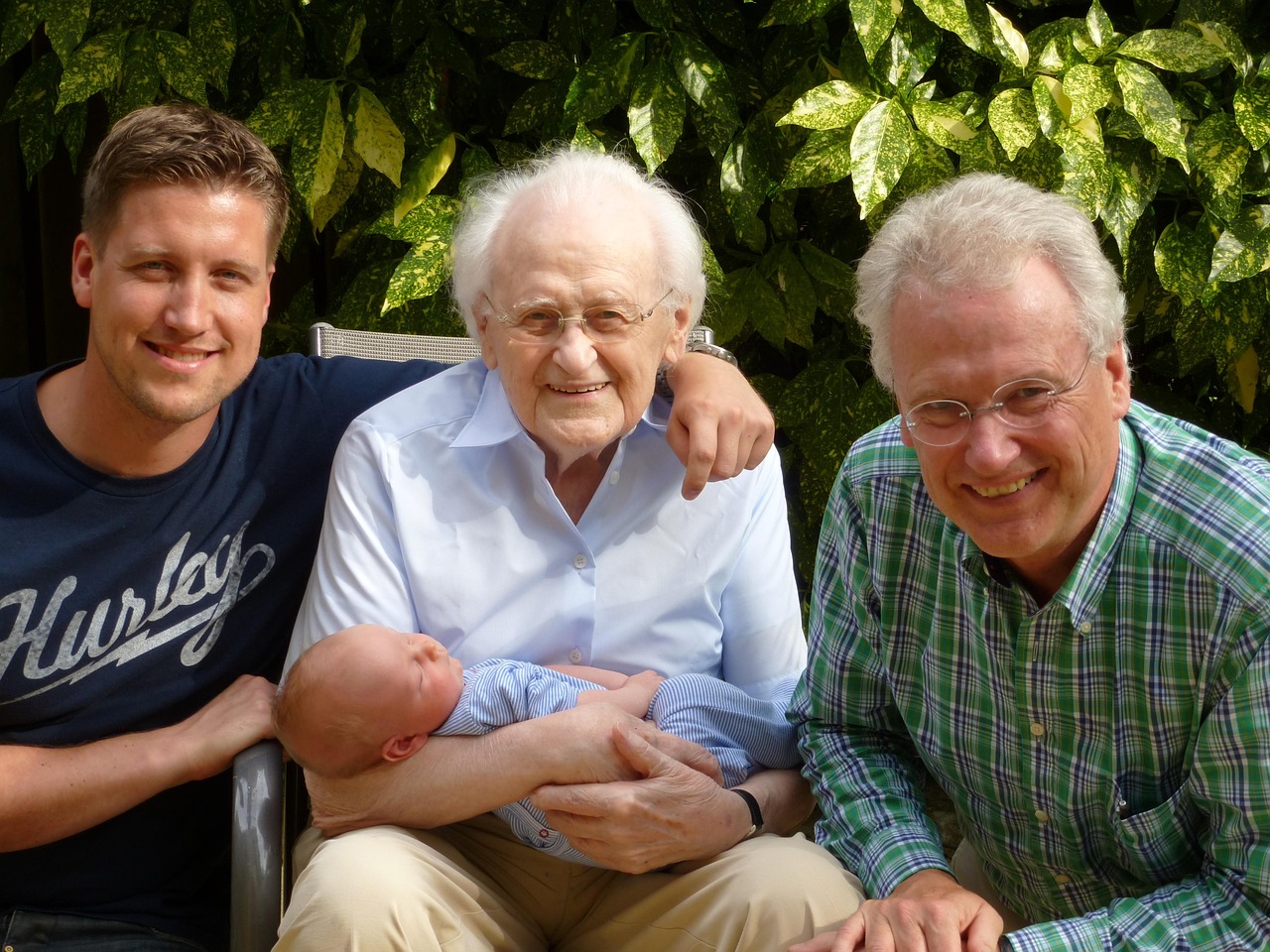How do you want to function in 2022 from a systems perspective? How do you want to function in your family, workplace, and planet?
Thinking Systems Blog
Emotional Fusion and Health: The Biological Cost of Family Stress We often speak about relationships as being "draining" or "energizing," treating these terms as metaphors for our emotional state. But research in bioenergetics suggests these aren't m
What Draws You to Your Partner? Most people can describe what attracted them to their partner. Maybe it was their sense of humour, or the way they listened. These conscious explanations feel true and personal. But what if unconscious processes shape
Emotional pain does “hurt”. There is a difference between pain and suffering, and sometimes individuals create more suffering than the initial pain warrants. Emotional pain of rejection can hurt because it uses brain areas that are activated for
Why does it take time to change relationship patterns? What research says. Changing automatic relationship patterns typically requires months of regular practice. Individual timelines will vary depending on the level of conviction to change, pattern
Theory Thoughts: Is Pain Good or Bad? A systemic exploration of neutrality and what it means to ‘help’ “When they’re in enough pain, they’ll do something about it” A psychiatrist said that to me once, and it really got me thinking. Years
Aging: Individual Challenge or Family Opportunity Our recent conference on aging and families from a systems perspective provide some useful insights. We all are (hopefully) involved with aging because we live long enough! Of course, aging affects th
(Be sure to check out our upcoming conference on aging and the family here.) Canada is amid a profound demographic shift. Our population is aging at an unprecedented rate, and this trend will only speed up over the next three decades. This is
“When I forgive you, You will no longer define me. " Two very poignant lines from a poem in The Book of Forgiving, by Desmond Tutu and his daughter, Mpho Tutu. In reading these two lines, it’s not difficult to see how I connected the concept of f







